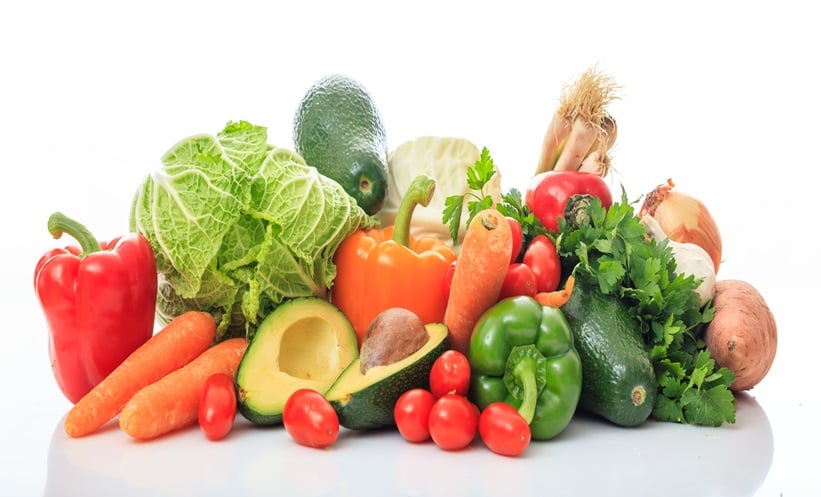MALE partners consuming fruits and vegetables with low pesticide residues had higher fertilisation rates in IVF finds new research. Conversely, intake of high pesticide residue fruits and vegetables was associated with lower fertilisation rates.
Conducted at an academic fertility centre, the study involved 244 men (average age 37) and their female partners (mean age 35), who underwent 437 ART cycles. Using US Department of Agriculture pesticide data and self-reported food intake, multivariate analysis adjusted for lifestyle and dietary factors revealed that those consuming high pesticide residue fruits and vegetables had a reduced fertilisation rate of 0.67 (95% CI 0.60, 0.73) compared to 0.78 in those consuming low pesticide residue fruits and vegetables (p-trend=0.02). These effects were seen in conventional IVF cycles but not in ICSI, nor was total fruits and vegetables intake related to fertilisation rates in either ART method.
In conclusion, higher intake of low pesticide residue fruits and vegetables may support better fertilisation outcomes in conventional IVF cycles. This suggests that counselling men on dietary habits, particularly reducing high pesticide residue fruits and vegetables intake, may benefit fertility treatment outcomes. For clinical practice, diet-based interventions could be developed to improve sperm function in ART, with future research needed to validate these findings across various populations and treatment methods.
Reference
Kazemi M et al. Male partner pesticide residue exposure from fruit and vegetable intake in relation to fertilization rate. Abstract Number: e120. The ASRM Scientific Congress & Expo. 19-23 October 2024.








